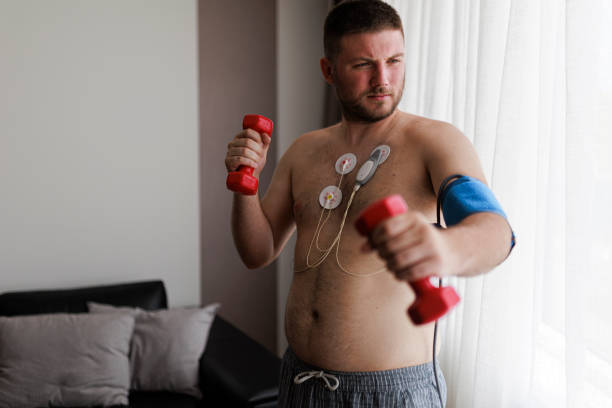How Your Weight Affects Your Blood Pressure: A Guide to Better Health
Blood pressure is the force of blood against the walls of
your arteries as it circulates through your body. This pressure is needed to
deliver blood and oxygen to your organs, but if it’s too high, it can lead to
serious health problems such as heart disease, stroke, and kidney disease.
Your weight has a significant impact on your blood pressure,
as excess weight puts additional strain on your heart and blood vessels. This
leads to increased blood pressure, also known as hypertension.
Being overweight or obese increases your risk of developing
high blood pressure, and the more you weigh, the higher your blood pressure is
likely to be. This is because the extra weight places additional strain on your
heart and blood vessels, causing them to have to work harder to circulate
blood.
To keep your blood pressure under control, maintaining a
healthy weight is essential. This can be done through a combination of healthy
eating and regular exercise.
Eating a healthy diet that is low in salt and rich in
fruits, vegetables, and whole grains can help you to maintain a healthy weight
and keep your blood pressure under control. Avoiding foods that are high in
fat, sugar, and salt can also help you to manage your weight and blood
pressure.
Exercise is also a crucial factor in managing your weight
and blood pressure. Regular physical activity can help you to lose weight,
improve your cardiovascular health, and lower your blood pressure. Aim for at
least 30 minutes of moderate-intensity exercise, such as brisk walking or cycling,
most days of the week.
If you are overweight or obese, losing even a small amount
of weight can make a big difference to your blood pressure. Aim to lose 1-2
pounds per week by reducing the number of calories you consume and increasing
your physical activity.
In addition to lifestyle changes, medications such as
diuretics, ACE inhibitors, calcium channel blockers, and beta-blockers may also
be prescribed by your doctor to help lower your blood pressure.
In conclusion, maintaining a healthy weight is essential for keeping your blood pressure under control. A healthy diet that is low in salt and rich in fruits, vegetables, and whole grains, combined with regular physical activity, can help you to maintain a healthy weight and lower your blood pressure. If you are overweight or obese, losing weight can have a significant impact on your blood pressure and overall health. Consult your doctor for personalized advice and treatment options.








Leave a Reply